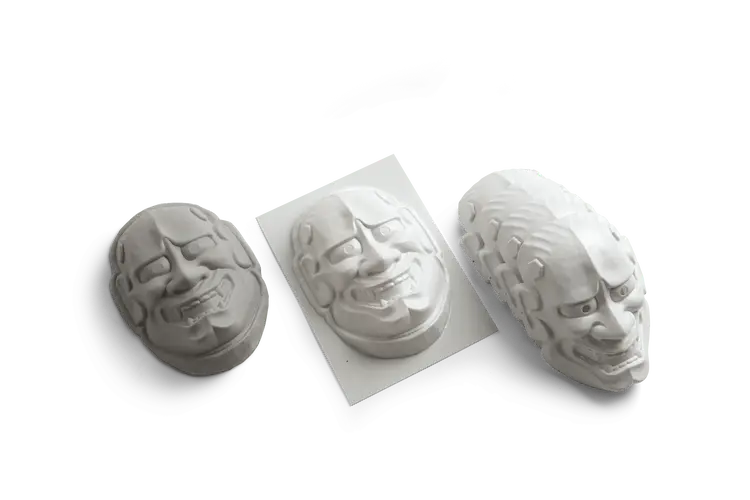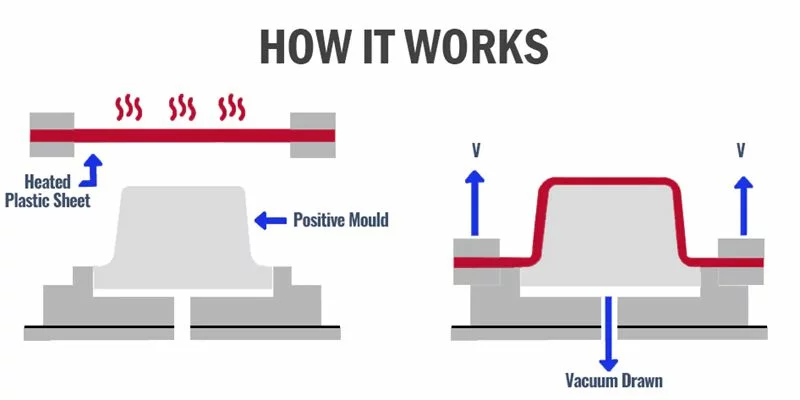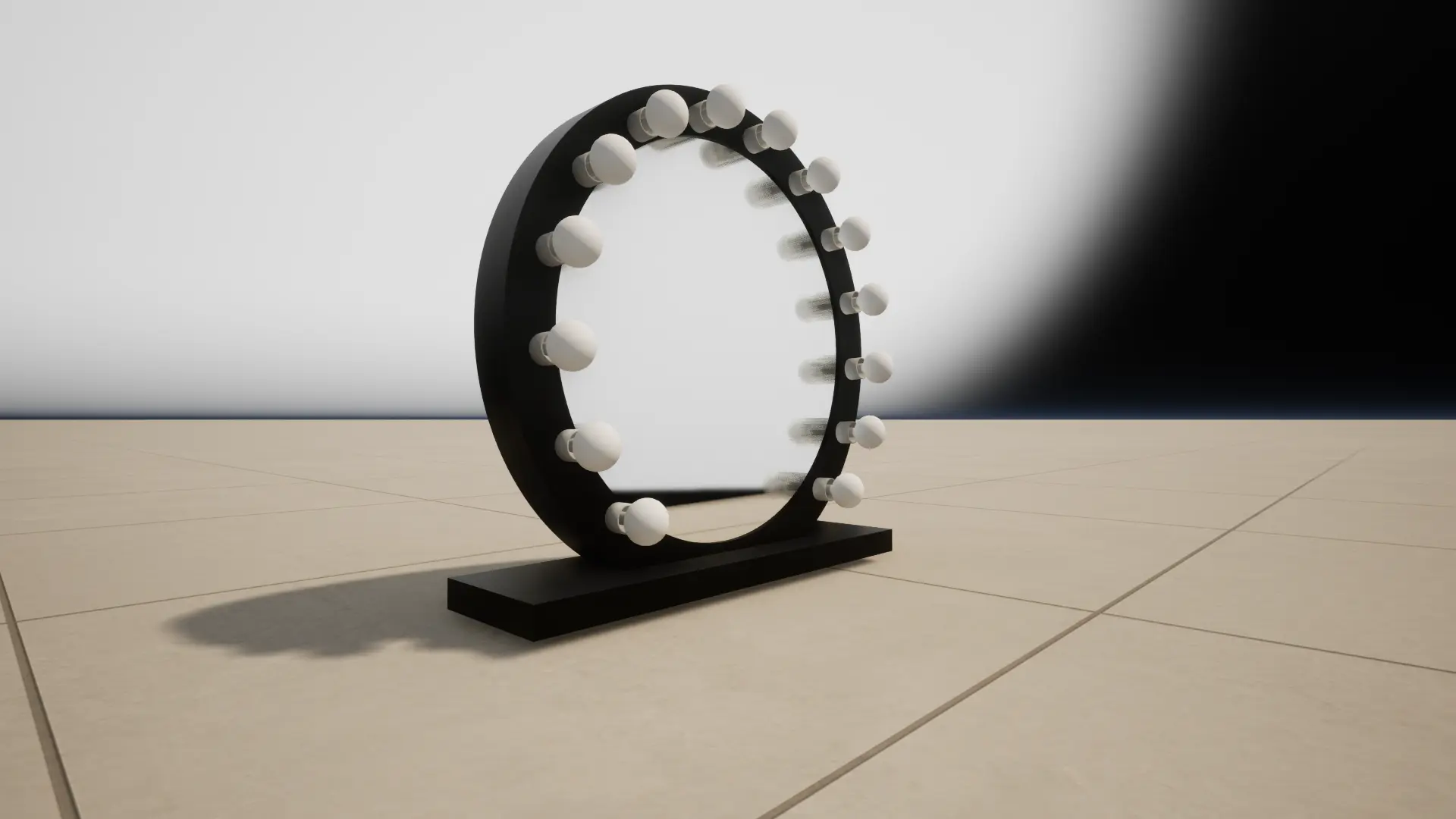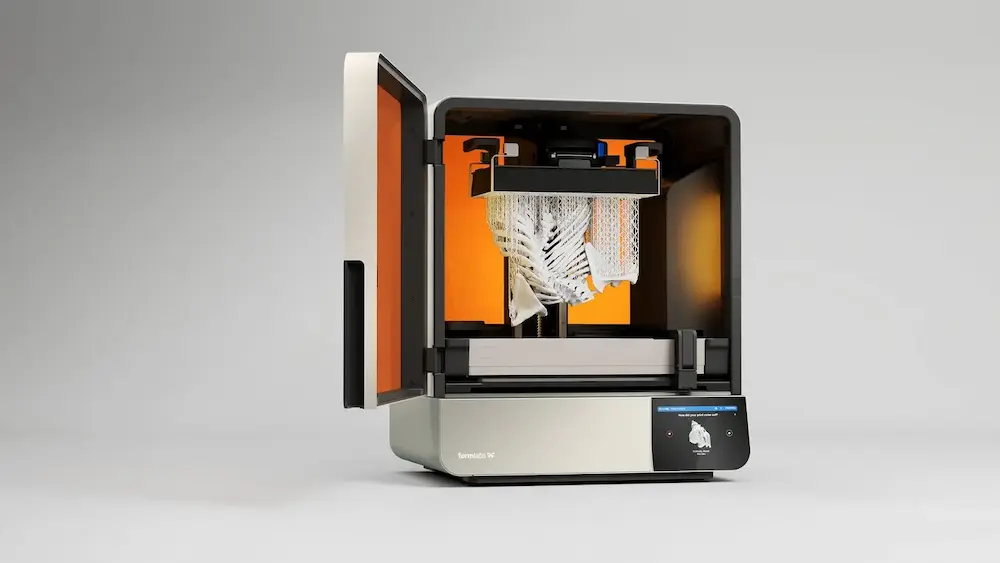Building Prototypes for Brands: Our Process Explained
From sketch to prototype: how we help founders and designers bring their product ideas to life using a blend of CAD, CNC, and fabrication methods.
Building Prototypes for Brands: Our Process Explained
A prototype is more than just a draft. It’s a statement of intent. For founders and design teams, a well-made prototype communicates the essence of a product long before it reaches production. At Trade Arts, we work closely with brands, agencies, and entrepreneurs to bring early-stage ideas to life through tangible, presentation-ready prototypes. Here’s how we do it.
Making Ideas Tangible
Prototypes help validate assumptions, gather feedback, and build excitement. Whether you’re raising capital, pitching a new concept, or testing a product physically for the first time, the prototype becomes the centre of the conversation. Our job is to make sure it reflects the vision, functions where needed, and looks the part.
Why Brands Prototype
- Pitching: Investors want something they can hold or see, not just imagine
- Testing: Brands need to validate form, fit, and interaction
- Marketing: A real object can be photographed and included in campaign collateral
- Pre-sales: Some clients use prototypes to generate buzz or secure orders
Our Client Workflow
We usually start with a loose input: sketches, moodboards, 3D files, or even just a conversation. From there, we ask key questions:
- What’s the purpose of this prototype?
- What matters most—form, function, or finish?
- What does the timeline look like?
- Will this be handled, worn, filmed, or purely visual?
These guide the material and tooling decisions.
Design Input and Collaboration
If CAD files exist, we refine them for print, machining, or hand-building. If not, we create models in-house using Rhino or Fusion 360. We adjust for strength, assembly, and presentation. Clients often collaborate with us throughout—sharing references, checking in on scale, or reviewing mockups. We treat it as a shared build, not just a service.
Tools We Use
We choose tools based on the demands of the build:
- 3D printing: For complex geometry, fast iteration, and visual detail
- CNC routing: For flat panels, structure, and clean edges
- Hand fabrication: For finishes, sculpted parts, or hybrid builds
- Scenic finishing: For realistic, brand-aligned texture and colour
This modular approach helps us move quickly without compromising on intent.
Stages of Prototyping
- Rough form: Block models or early shapes to test size and scale
- Functional test: Basic interactivity or usability checks
- Visual prototype: Looks-like model with presentation-quality finish
- Hybrid: Mix of parts depending on budget and timeline
Not all clients go through every stage, but knowing the roadmap helps clarify what’s feasible.
Feedback and Iteration
Prototypes often evolve. A founder might love the shape but want a different texture. A brand manager may need a new colourway for their shoot. We work quickly to adjust, often delivering small batches or updated parts within days. Our CAD-based workflow makes this simple—we never have to start from scratch.
Real-World Examples
- Wearable tech sample: Built in under a week from sketches. Used in a pitch deck and video shoot.
- Retail display mockup: Combined CNC and print, painted to match brand colours. Helped the team test layout and customer interaction.
- Packaging prototype: Sculpted foam core, printed inserts, finished with soft-touch coating to mimic final materials.
Preparing for Presentation
The final prototype needs to speak on its own. We often:
- Add logos or brand elements
- Include mounting points for photography
- Provide support bases or rigging for demonstration
- Pack and ship in presentation kits
We treat it like a product, not just a build.
Conclusion: A Partner in Realisation
Prototyping is about clarity. It’s how ideas become direction, and how products take their first breath. At Trade Arts, we combine digital tools with physical craft to help clients move fast, impress audiences, and test with confidence. Every build is a step toward what’s next—and we’re here to help that step land cleanly.

.webp)
.webp)


